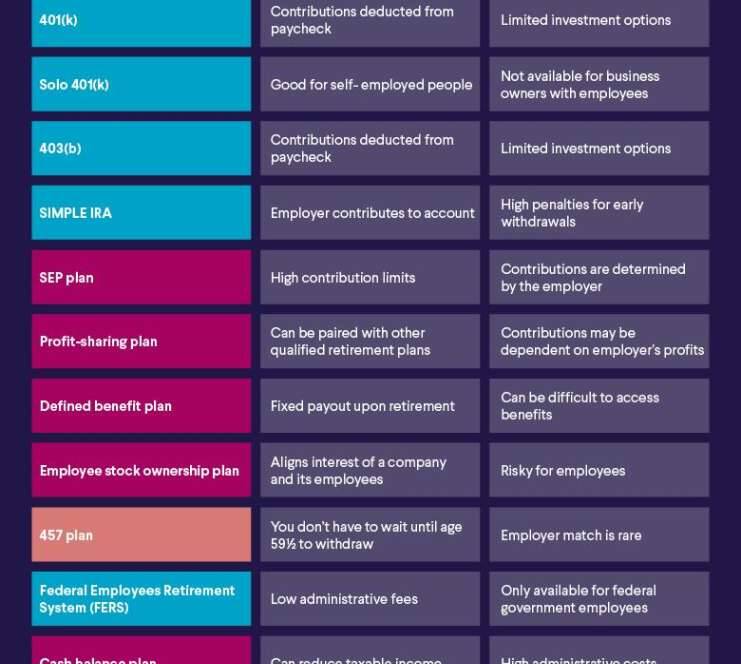Table of Contents
Are You Wealthy Enough to Join the Top 1%? Understanding the Income and Net Worth Requirements
The term “top one percent” frequently surfaces in discussions related to financial disparity, politics, and social discourse. But what truly defines membership in this elite group? In this article, we will dissect both income and net worth benchmarks to provide a comprehensive understanding of who qualifies as part of the top echelon of wealth.
Key Statistics You Shouldn’t Overlook
- Ever wondered how many people retire with a $5 million portfolio?
- Curious why billionaires often pay less taxes than the average worker? Discover their top strategy—tax deferring!
- This leading billion-dollar real estate fund is gearing up for the next big boom—learn how you can get involved for just $10.
What Kind of Income Places You in the Top 1%?
If you’re aiming to join the ranks of America’s top earners, you’ll need a household income of at least $591,550 annually. For individuals flying solo, the bar is set at around $407,500. These figures serve as averages and are influenced by geographic variations. For instance, while such earnings might offer only a modest lifestyle in high-cost areas like New York City due to soaring housing prices and living expenses, they could signify considerable affluence elsewhere—like low-cost regions found across parts of the Midwest or South.
Related Articles:
Your Financial Standing: The Top 1% by Net Worth
The benchmark for entering into America’s wealthiest bracket via net worth is substantially higher; households must possess assets totaling at least $13.6 million after accounting for any debts. Wealth distribution tends to reflect more severe inequality compared to income statistics alone—that’s why analyzing net worth can yield deeper insights into someone’s financial standing over time.
In Focus:
A new ethical real estate investment platform promotes equity ownership for renters while delivering impressive annual returns averaged at 17.17%. Find out how you can participate with an investment as small as $100!
The Ultimate Debate: Income vs Net Worth
This raises an interesting question: which metric holds more significance—income or net worth? It largely depends on your perspective and objectives; while income indicates yearly earnings potential, net worth provides insights into long-term economic stability and overall personal wealth accumulation. A person might boast a hefty salary but have minimal savings due to excessive spending; conversely, individuals making less may have substantial wealth secured through prudent investments.
The Demographics Behind Wealth
The latest data reveals that about 1.3 million households—and close to 1.8 million individual earners—rank within America’s top one percent economically speaking—a relatively small segment yet commands a notable share of national wealth.






